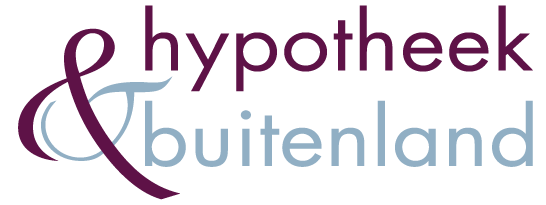Collateral acceptance France
Collateral acceptance France
French banks are critical of the type of property to be financed. Houses that are not habitable or are located very remote are considered insufficiently current and are often not financeable through a bank. Banks are also particularly reluctant to mortgage special properties such as castles and wine estates. The fact that enforcing the collateral by auction is also not a guarantee of success in France plays an important role here.
French banks do not want to finance all houses. Only those houses that are sufficiently current in their eyes, i.e. houses that – should the (financial) need arise – can be sold again somewhat smoothly, are they willing to finance.
Houses that are in such poor condition that they are not habitable will not want to be financed by a bank. Core elements of this are that, at a minimum, a house should have running water, a somewhat up-to-date electricity supply, heating, a sewer connection or functioning septic tank, a kitchen and a bathroom. If the renovations required to bring the house into a good habitable condition are co-financed then this usually overcomes the bank’s objections.
Very remote situated houses – far from a village or town – and far from “civilization” are more difficult to finance than houses that are more “in civilization. There are also certain obsolete regions where banks are more reluctant to finance than in regions with booming housing markets. For example, there are parts of the Auvergne region where there is a net outflow of residents and housing market is very thin.
Objects such as castles, wine estates, water mills, churches converted into homes are difficult to finance. There is a (very) small market for this type of special property and sales can take years. Houses that are very A-typical for the region can also be a problem, as can houses with a lot of land (tens of hectares). Indeed, banks are wondering if such a “non-resident buyer” is going to manage to maintain all that land.
Basic condition for financing for French banks is that permanent habitation is allowed and there is a residential use on the house. With recreational homes (on a recreational park) or wooden chalet construction (this does not mean a chalet in the Alps), this is usually not the case and therefore mortgage financing is not possible.
Contributing a very large portion of your own money to a purchase increases the chances of winning over the bank to finance. But for many objects, that is often not enough either. At play here is the fact that the system of reclaiming collateral by auctioning it – as the ultimate consequence of no longer (being able to) meet monthly mortgage obligations – does not work well in all regions in France. After all, sometimes a house also fails to sell at auction for a sufficient amount.
Houses or properties where it is abundantly clear to a bank that they will be operated as commercial properties in the future (for example, in the tourism sector) are not financed as second homes based on existing income. In doing so, some banks are more rigorous than others. For some it is already a bridge too far if there is a large stable near a house or a piece of land on which small-scale farming takes place. It is feared that an equestrian center/stable will be started or an agricultural business, which will generate the income in the future.

